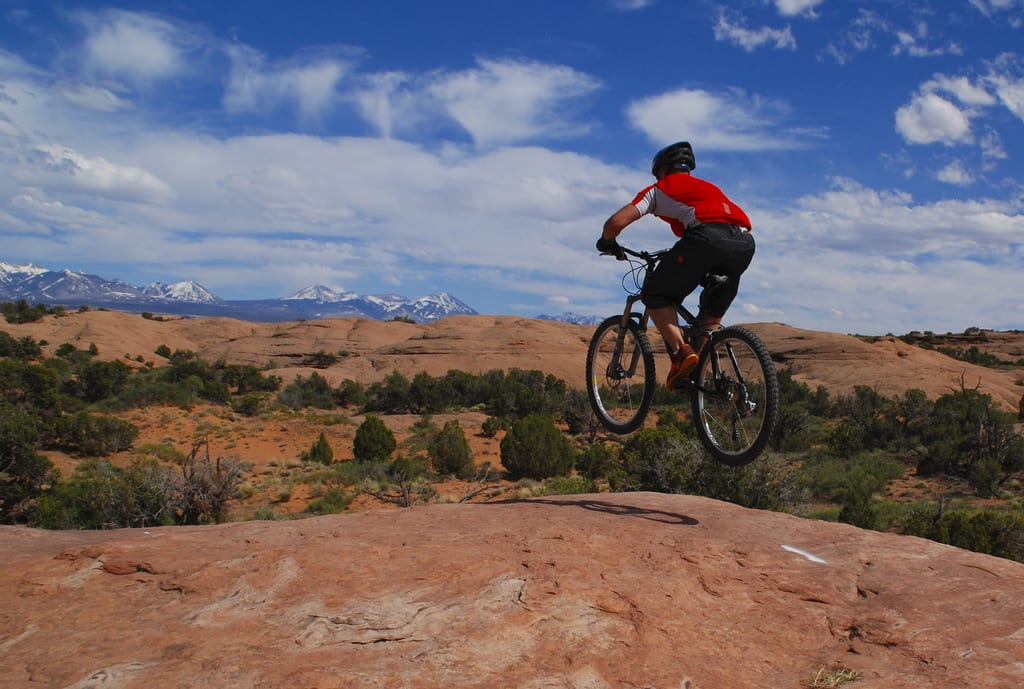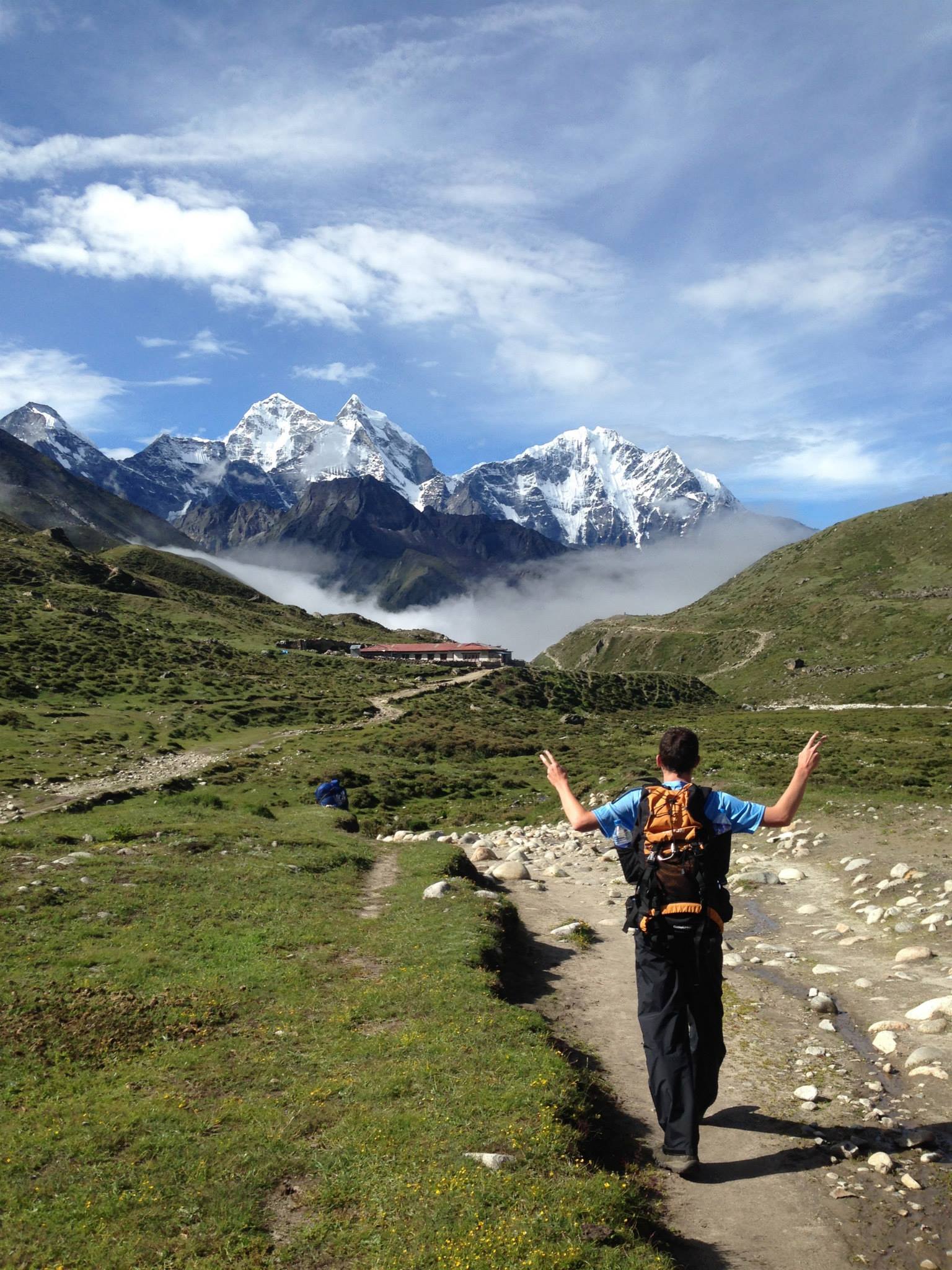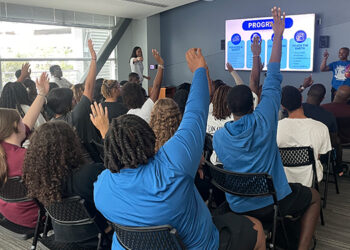Georgia Tech Campus Recreation is consistently exploring ways to push boundaries in order to offer students more in the way of programming. With the goal of promoting lifelong learning outside of the classroom, the department strives to find new and exciting ways to engage with students and teach them valuable skills.
A hallmark of this innovation, are the expeditions run by Outdoor Recreation. The department leads over 120 day and overnight adventure trips throughout the year such as mountain biking kayaking and more, but in 2009 they took it a step further and launched more in-depth expeditions.
Some of these expeditions include Tech Treks – freshman orientation trips — that incoming students can elect to take each summer. Students can choose from an 11-day Alaskan adventure, an 11-day trip to Croatia or a 9-day wilderness adventure in Montana. Each trip is led by one of Georgia Tech’s Adventure Education Coordinators and an experienced student trip leader.
These student trip leaders also have to ability to propose their own expeditions. “We have a program where we are able to underwrite the cost of student proposed and planned expeditions,” explained David Knobbe, the assistant director for outdoor recreation at Georgia Tech. “So from our pool of 200 student staff, they can propose destinations and we will assist with funding from an endowment. They are not just planning the trip, but they make a presentation in front of a review board. If they are selected they must recruit a team, meet weekly, train as a group, research, etc. We provide the equipment and support for the expedition, but they are responsible for conceptualizing the trip.”
Knobbe highlighted some of the expeditions they have taken in the past.
Ecuador — “We had groups that trained to go to Ecuador to whitewater paddle there. The compellation of how many hours of training they had on the water in Georgia and North Carolina was just off the carts,” he added. “That was a phenomenal experience for those individuals because of the amount of time they spent not only getting themselves ready but being sure the team was ready.”
Nepal — “We did a powerful trip to Nepal where they came across some challenges with illness on the trail that required some evacuations,” said Knobbe. “Whenever I talk to those individuals now about their experience, it was so powerful as far as providing them an understanding of what it means to be a team and what leadership really means. They were 14 miles short of base camp, and instead of finishing their objective, the team made a very hard decision to turn around and go back to keep the team intact. While they didn’t reach their destination, they learned so much more through the challenges they had to deal with.”
Croatia — “We did an awesome trip to Croatia, Bosnia and Serbia. Part of it was sea kayaking on the Adriatic Sea, part was backpacking and climbing in the mountains in Croatia and then we spent time doing more of an urban study as we went through places like Sarajevo and Belgrade. We interviewed individuals about their experiences and life in these communities.”
Outdoor Recreation started running these expeditions in 2009, completing three that year with approximately eight people on each trip. At the time they had around 38 volunteers who worked in the department. Slowly each year, they began to increase the number of expeditions they offered, as the department began to grow. Since 2009, they have run around 82 expeditions of six days or more, covering 13 different countries and by the end of this year six different continents.
“We started adding trips and training our staff differently,” said Knobbe. “We did more research on equipment and communication, so little by little we starting building systems to support the growth. We started realizing what our limits were, what competencies needed to be developed to manage international programs. We became better and better.”
This year, Outdoor Recreation is on track to run 18 expeditions and a volunteer community of over 200 individuals help keep the programs running smoothly. “A lot of people might think that volunteers might not be quite as well trained or committed, but we have 87 people within the organization that hold a Wilderness First Responder certification,” added Knobbe. “The standards of our organization, which have been built over time are now able to support us doing some high-level expeditions.”
Expert Advice: Just as Georgia Tech Outdoor Recreation did, if you are looking to do something similar, start small. “We had to build the organizational competencies and the individual competencies before we jumped into the really big stuff. So start small,” suggested Knobbe. “You can’t go from zero miles per hour to 100 miles per hour. You really have to build the racecar first. I think that is really what we did over this first five years. We were really engaged in building an organization and an organizational culture that managed the responsibilities of these kinds of trips and had the systems in place and had the trust of the institution to do these kinds of things.”


















